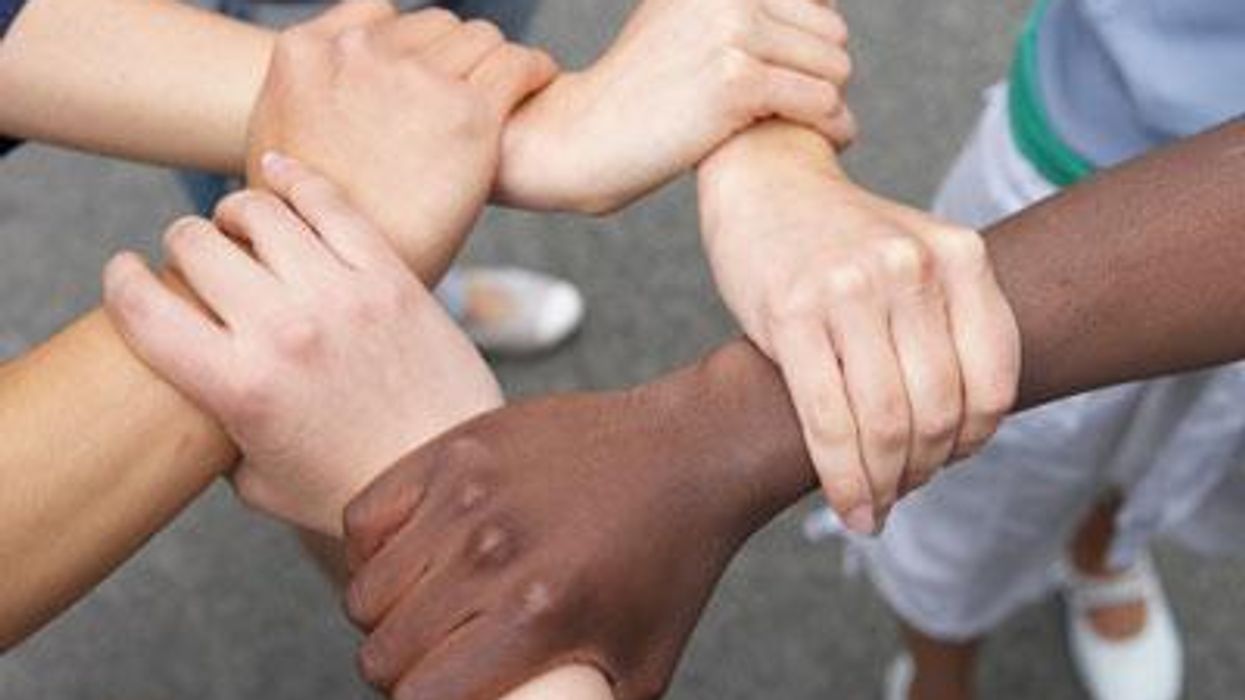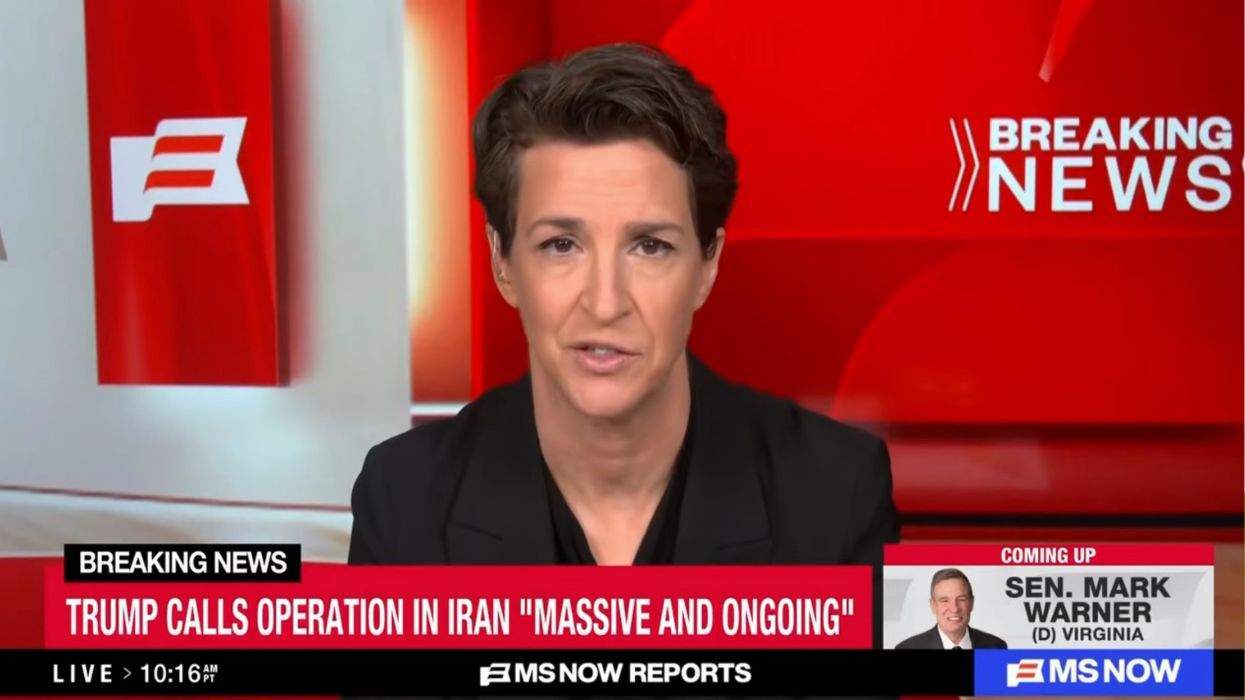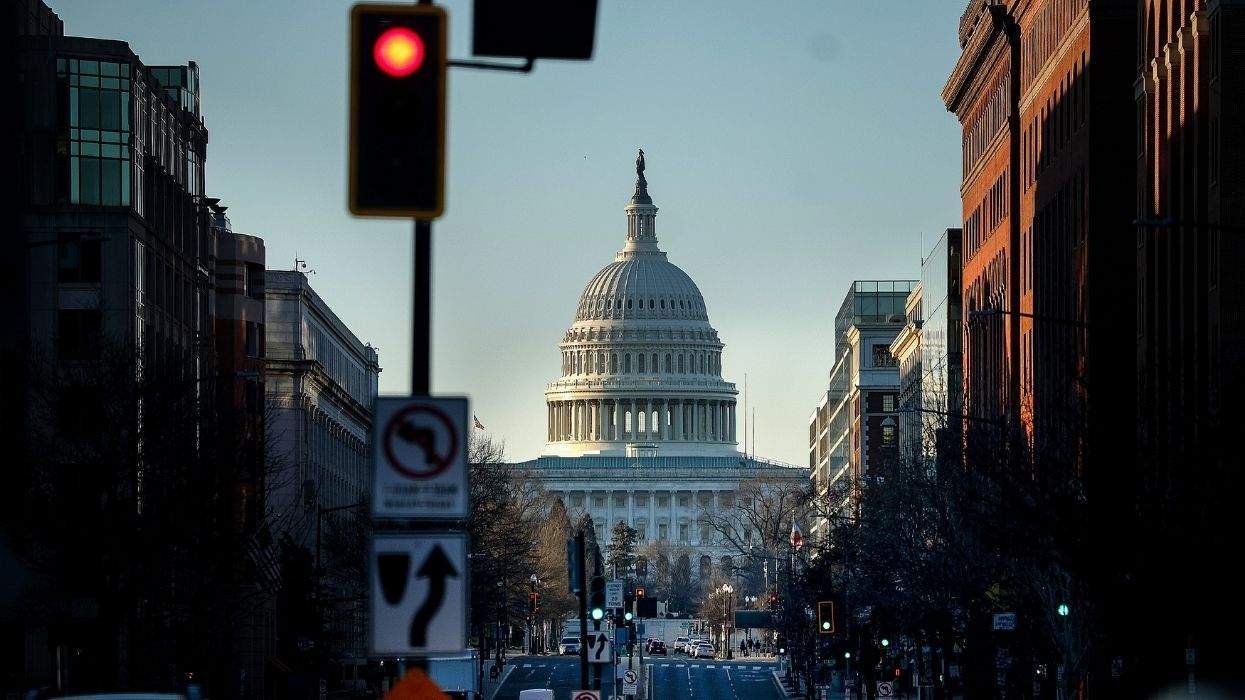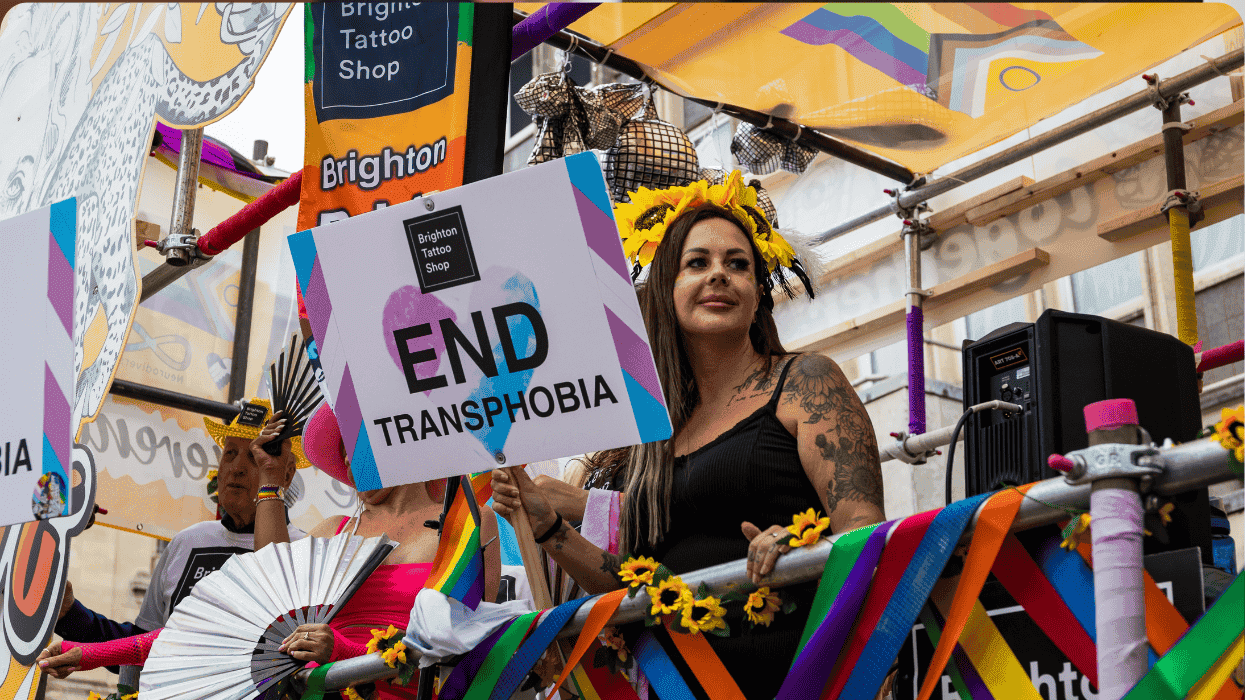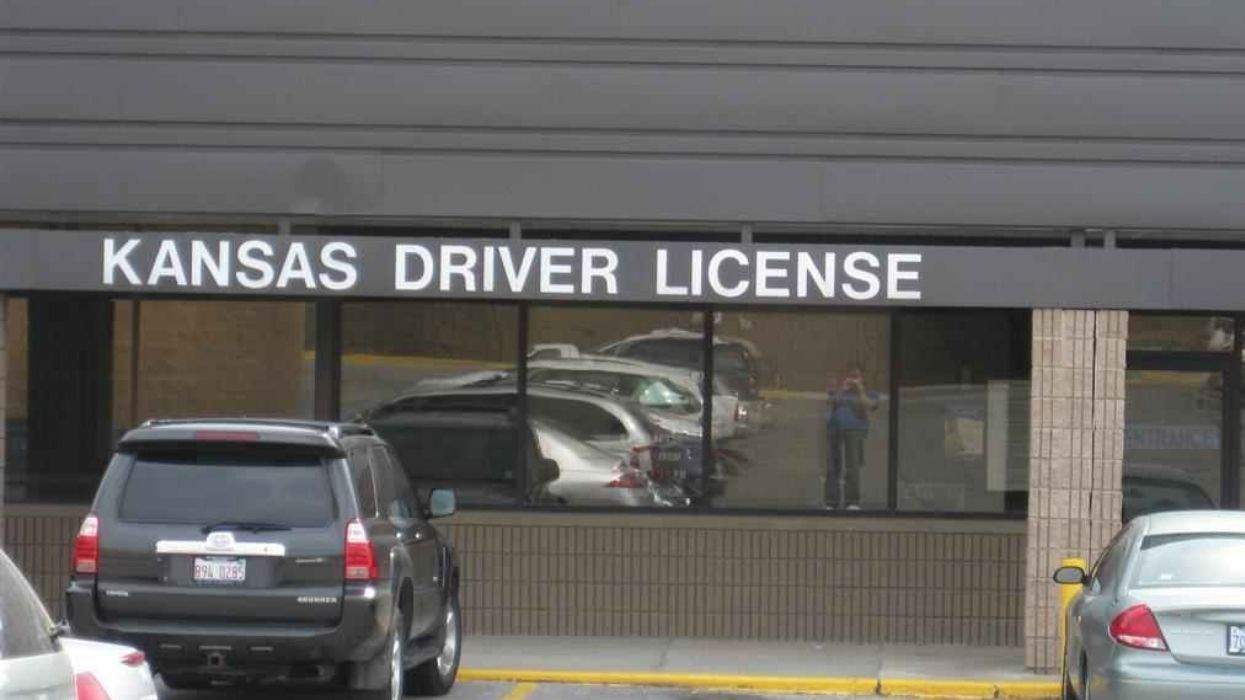I am a 4th generation Chicano from California, I never had to confront my immigration status personally. My parents are Mexican-American and my grandparents are Mexican-American. At times some of my family members in the older generation even fall into the trap of scapegoating recently arrived Mexicans for "not working as hard as they did." As if there are winners and losers in the Immigrant Olympics.
Luckily, my mother never felt this way and always understood that people are just trying to make a living regardless of which side of the border they are on. And I am also lucky that she has always supported me being gay.
My mother grew up just outside of Los Angeles in the 70's amidst a Chicano culture influenced by the movements and music of the era. Her parents were part of a sizable stream of Mexican-Americans who left rural towns in Arizona and New Mexico to find opportunities in the bigger metropolitan areas of California. She told me many stories about how she grew up and the trouble she got into as a young woman. When she told me these stories, she focused on the choices she made and why she made them. She taught me how important it was to be comfortable in your own decisions and in your own skin. That's why I am part of an inclusive movement for all our human rights. Because of the way she raised me I can see that:
Marriage is important. It allows partners to see each other in the hospital, to share assets and health insurance, and to petition for their immigrant spouses. The struggle for marriage is one part of the struggle for the larger fight for respect, whether a person is partnered, or single.
The fight for the rights of transgender people is important. In the media and in our schools we are not taught enough about our human diversity. Transgender people, intersex people, and the diversity of expression is nearly invisible. My transgender and intersex friends are fighting for health care, media representation, and basic societal understanding. Their struggle is another part of the fight for our global human rights.
Comprehensive, humane immigration reform is important. Reform would give people access to basic rights: access to higher education, jobs, and health care. Our country cannot succeed with so many people denied these rights and living in constant fear of deportation. We can only shorten the gap between the rich and the poor if we counteract what the broken immigration system in this country, coupled with bad economic policies have done to both sides of the border.
We need to get rid of social stigma. Immigrants are still seen only as outsiders, and as a result people don't feel that they deserve rights just like lesbian, gay, bisexual, transgender, and intersex people are also dehumanized and denied access to basic rights. The struggle for immigration reform, marriage and all the other rights we are advocating for are about the same need for respect.
Audre Lorde, a noted black lesbian activist and writer, once said, "It is not our differences that divide us. It is our inability to recognize, accept, and celebrate those differences."
It comes down to equality. I saw this early on during my conversations with my mother. She told me recently that "life is only about the choices we make." We should all have equal access to a variety of choices that make sense for us, our families, and our lives. Thus, immigrant rights is an equality issue. Queer rights is an equality issue. And equality looks different for different people. Trans rights are different from gay rights. Asian immigrants face different struggles than Mexican immigrants, than African immigrants, and so on. But all the struggles are united at the root.
We have to remove the institutional barriers. Regardless of immigration status, gender presentation, or sexual orientation, people deserve to be respected for who they are. We all need to come forward to achieve pride and dignity. My mother always inspires me through her words. She taught me that we are all different, but also that we are all in this together.
VICENTE GARCIA is an organizer and activist living in Albuquerque New Mexico. He believes in justice, art for social change, and love. His favorite author is Octavia Butler.
